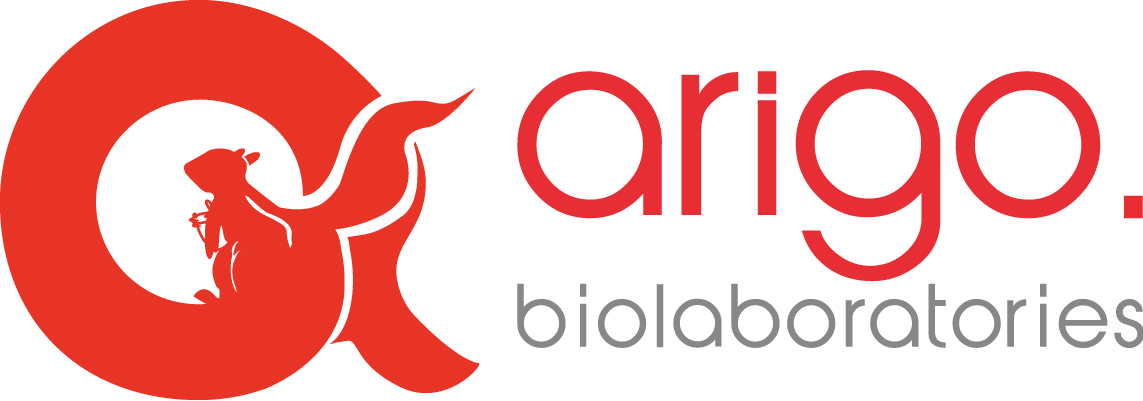Colorectal carcinoma is the cancer developed in the colon or rectum of the digestive system. In developed countries, it is the most common cancer in aging population. Genetic deposition and a less active life style contribute to the development of the cancer. Molecular pathological study showed that altered Wnt-APC-?-catenim signaling pathway, mutated p53, and deactivated TGF-? and DCC (Deleted in Colon Cancer) are involved with the pathogenesis. The cancer is currently screened with a fecal occult blood test in people over 50 years old and the malignancy is confirmed by tumor biopsy. The search for specific biomarker for non-invasive test is still ongoing. CD3 exists on the cell surface of all T-cell types. It is used for differentiating T-cells from other leukocytes such as B cells and natural killer cells. CD3 is the accessory molecule in the T cell receptor complex. In the presence of CD3 and ?-chain, T-cell receptor binds to antigen presented by MHC and transfers signal for T-cell activation. The hybrid bi-specific antibody binds to CD3 and colorectal carcinoma related antigen at its two different Fabs. Theoretically, the bi-specific antibody brings the target cancer antigen near T-cells and could enhance T-cell mediated immunity to cancer. However, if the binding to CD3 disrupts the CD3’s accessory function, T-cell immunity suppression could be resulted.
Do you have any questions about this product?
Order your product by email
Productname
anti-Colorectal Carcinoma/CD3 antibody (BS-1)
ARG10084100
By filling out this form, you are placing an order by e-mail. You will receive an order confirmation within one working day. The order cannot be modified after receipt of the order confirmation.
Request a sample
Productname
anti-Colorectal Carcinoma/CD3 antibody (BS-1)
ARG10084100
By filling out this form, you request a sample. You will receive an order confirmation within one working day. The order cannot be modified after receipt of the order confirmation.
Are you looking for specific products, alternatives or documentation?












